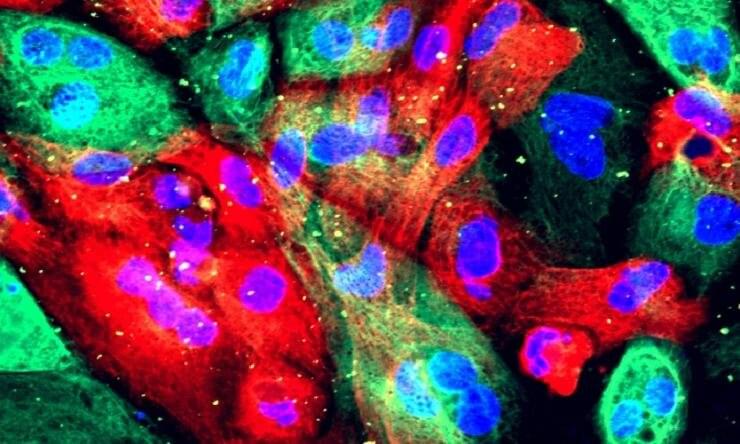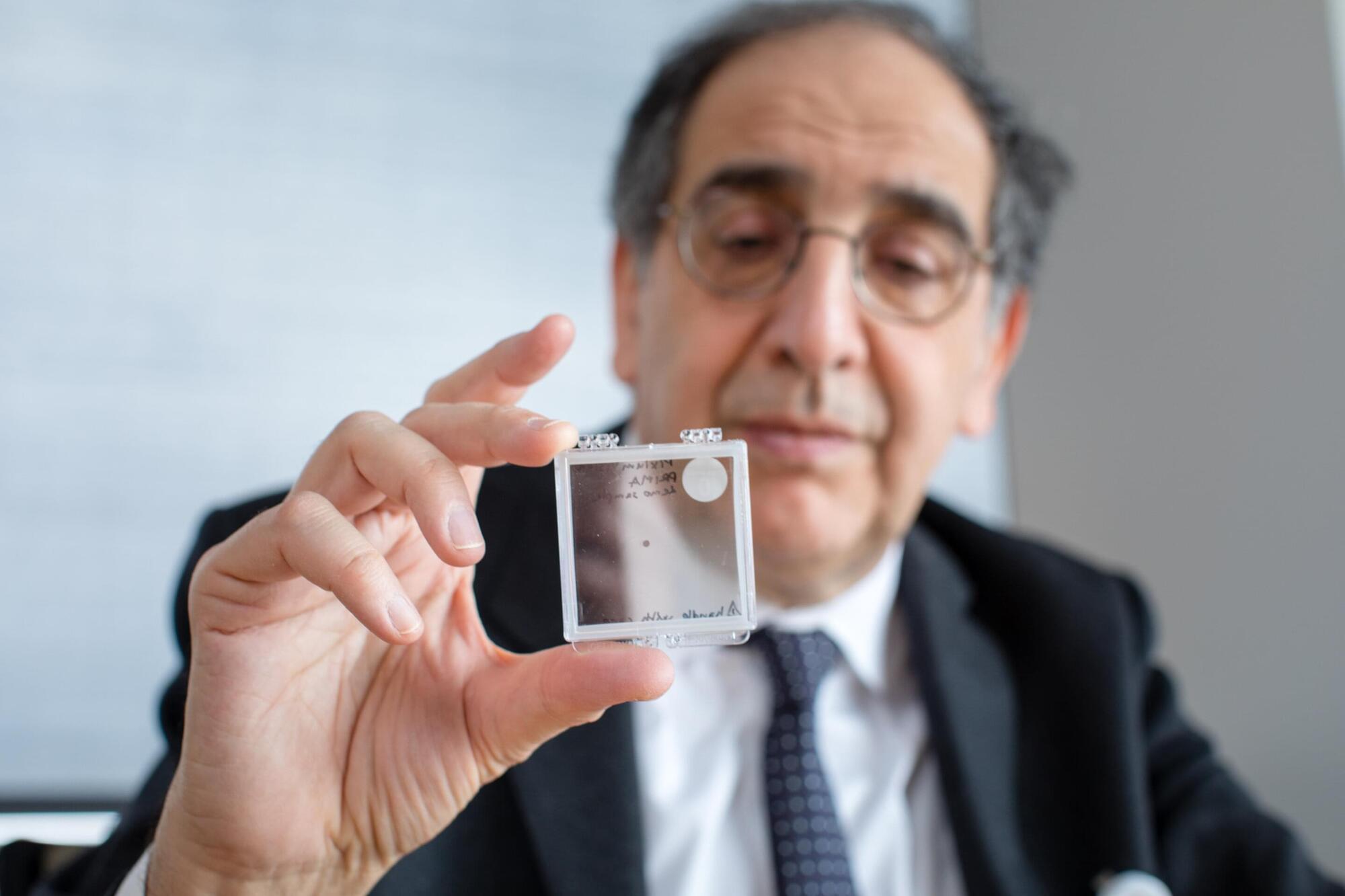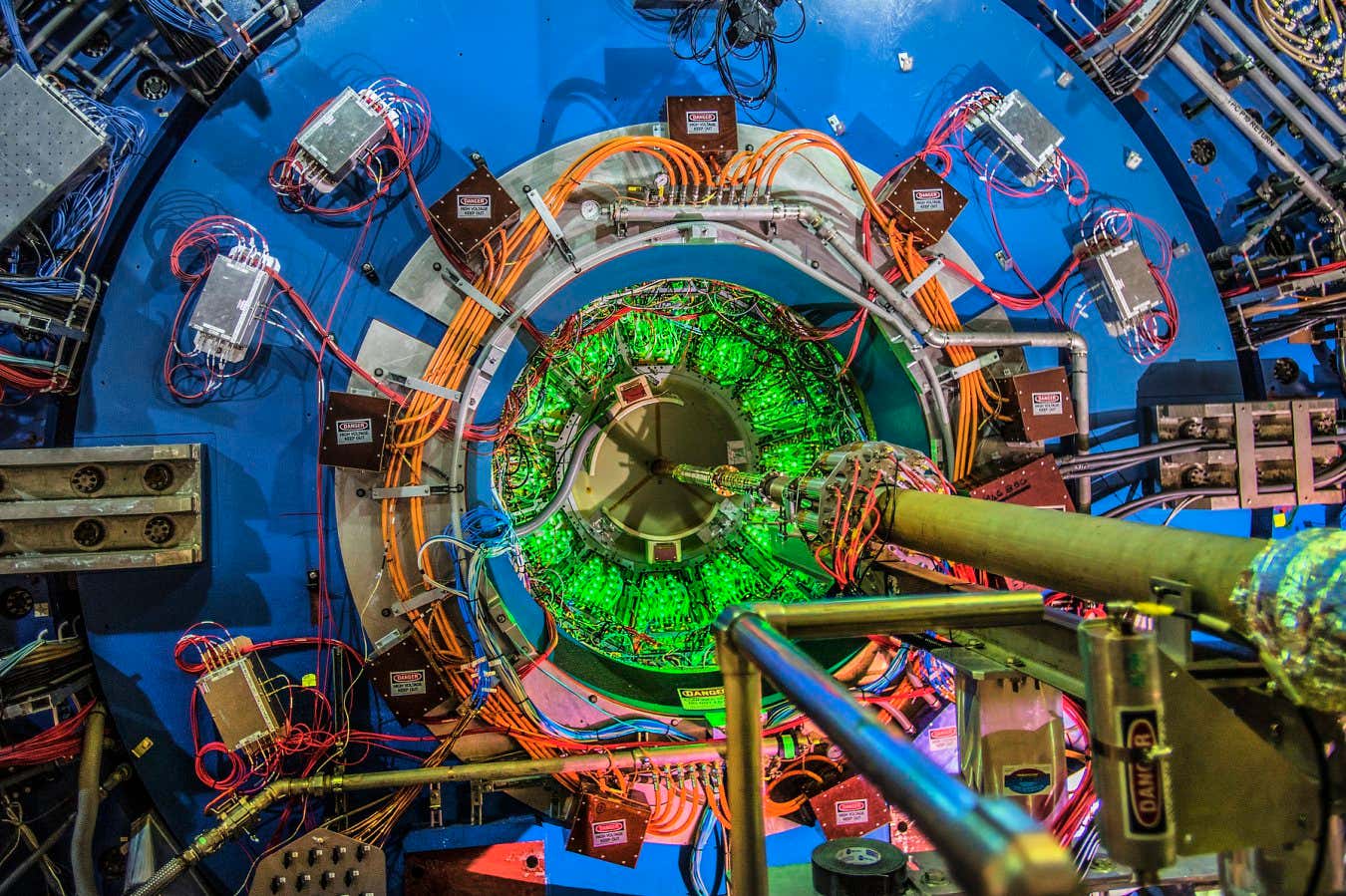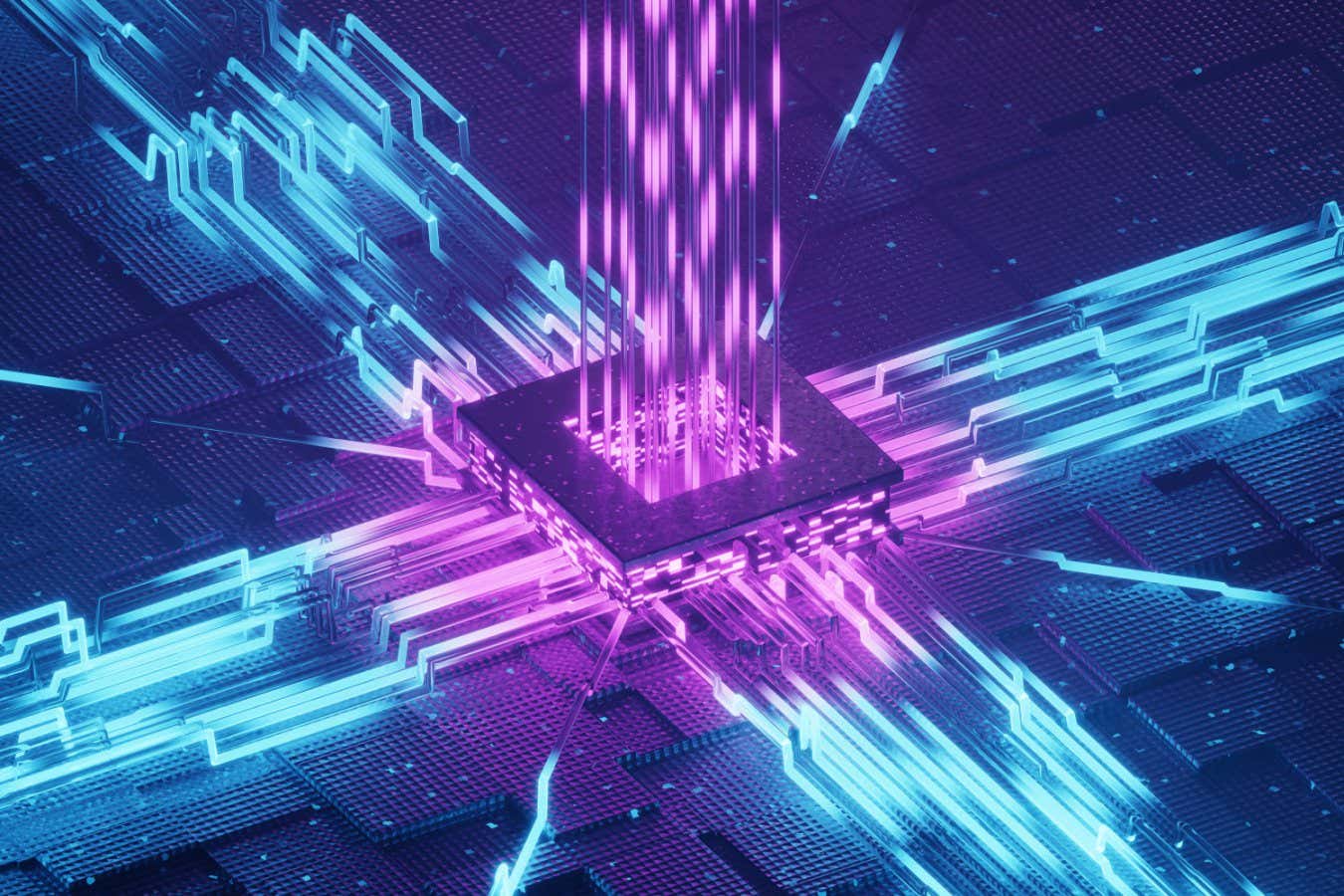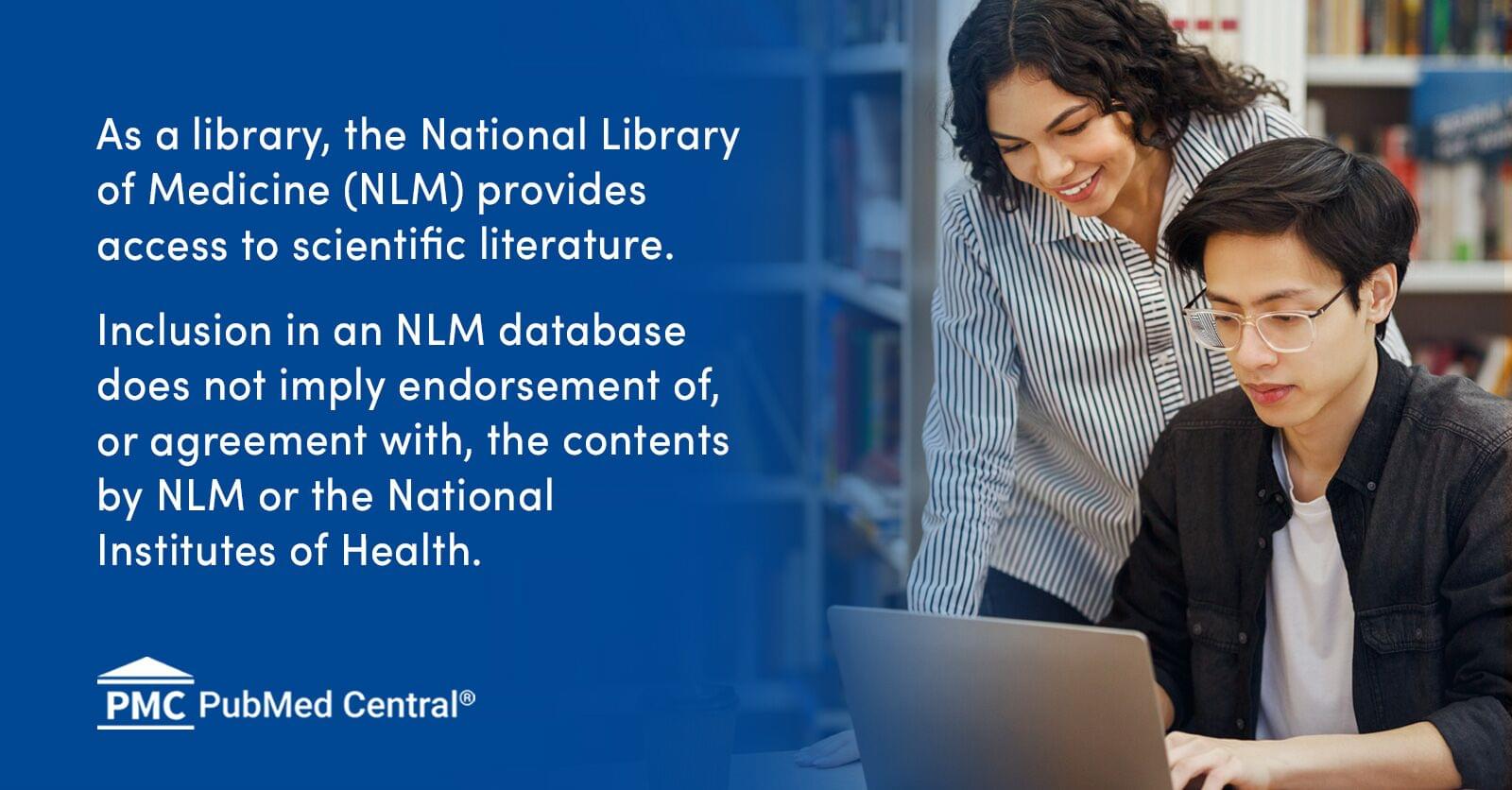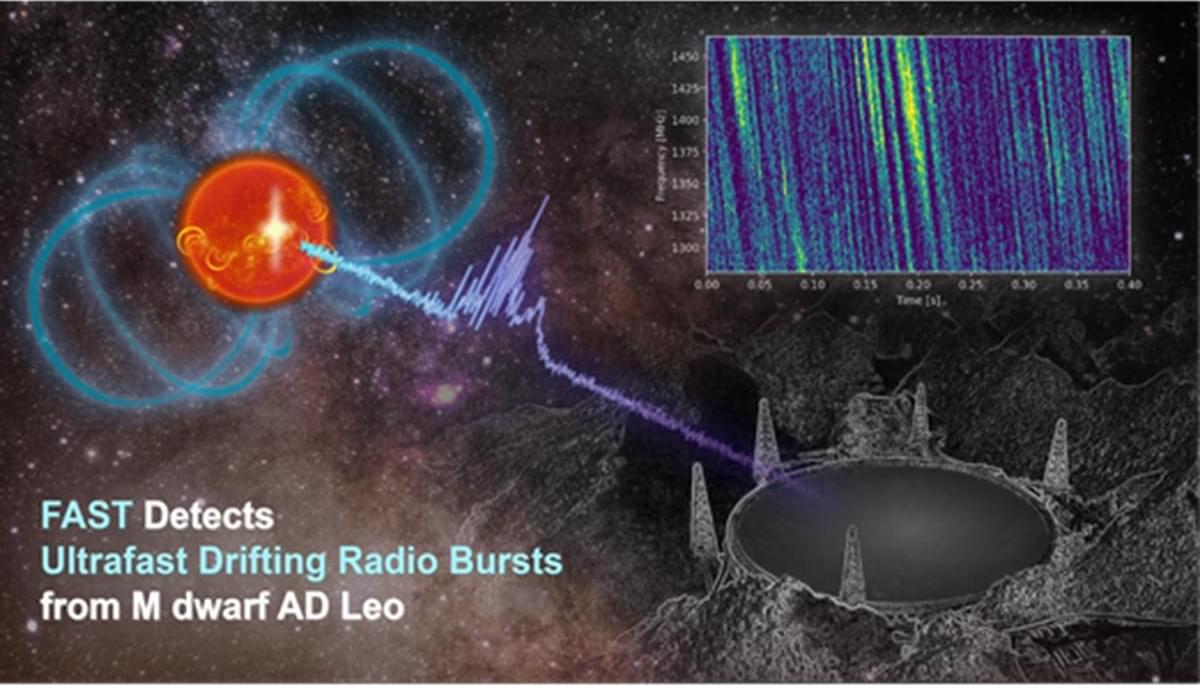Extracellular vesicles can be divided into 3 primary classes based on their size: exosomes (20–100 nm), microvesicles (100–1,000 nm) and apoptotic bodies (1–5 µm). Exosomes have been the major focus of extracellular vesicle research. The term “exosome” was coined by Trams et al. in 1981 for “exfoliated membrane vesicles with 5’-nucleotidase activity” (23). Exosomes are distinguished from apoptotic bodies and microvesicles in term of their size, origin (endosomal or cell membrane), markers and composition. With spherical to cup-shaped nanoparticles and specific surface molecular markers, such as CD9 and CD63, exosomes are formed by the inward budding of endosomal membranes, thereby containing a variety of proteins, mRNAs and miRNAs (24-27). In addition to various cell or tissue specific materials, exosomes also contain certain common proteins, including cytoplasmic proteins (Hsp70 and Hsp90), cytoskeletal proteins (tubulin and actin), membrane fusion proteins (Rab GTPases) and membrane-associated proteins (CD9, CD81 and CD63) (28-30). These proteins could be used as markers for exosome isolation and identification. However, exclusive protein markers for exosomes are currently unknown. The material contained in exosomes is well protected to prevent degradation. For example, the RNA in exosomes is more stable than that in plasma and is not easily degraded by RNases. Exosomal RNA can be stored at −20 °C for more than 5 years, and the concentration is not decreased when compared with freshly prepared samples (31).
The signals and mechanisms underlying exosome formation and cargo sorting into exosomes have not been thoroughly elucidated to date. The present evidence shows that at least Endosomal Sorting Complexes Required for Transport (ESCRT) class proteins, tetraspanin CD63, specific glycan modification, the p53/TSAP6 pathway, and/or lipid-dependent mechanisms are involved in the formation of intraluminal vesicles in extracellular vesicles (32). Moreover, Rab-dependent trafficking mechanisms (Rab11, Rab27 and Rab35) have roles in exosome exocytosis and secretion (33) (Figure 1). Recipient cells internalize the foreign exosomes via multiple processes, including phagocytosis, clathrin-mediated endocytosis, macropinocytosis, and receptor-mediated and direct fusion (34,35). The factors that determine which and how a molecule is included or excluded in exosomes is under debate. It is reported that as a component of the COP9 signalosome regulatory complex, JAB1/CSN5 is involved in sorting proteins into exosomes (36). The introduction of exosomes provides a new molecular platform to further study cell-cell interaction, specific targeted cell selection, mechanisms of internalization and the potential of serving as a drug delivery system (37,38). Moreover, exosomes have been found in nearly all human body fluids, such as blood plasma, saliva, cerebrospinal fluid, urine, malignant ascites and semen (39-42), thereby implying that exosomes can be exploited as useful tools for cancer diagnosis and predictive biomarkers for cancer prognosis. It is interesting that the rate of exosomal release and content is different between healthy cell exosomes and tumor-derived exosomes. Numerous studies, including in vitro and in vivo studies, as well as clinical analysis, demonstrate that the number of exosomes increases significantly in cancer cells compared to normal cells. The distinct content of exosomes between the two groups (most notably miRNAs) may have important clinical significance (43,44).
